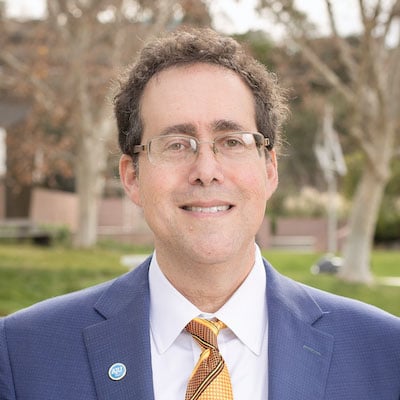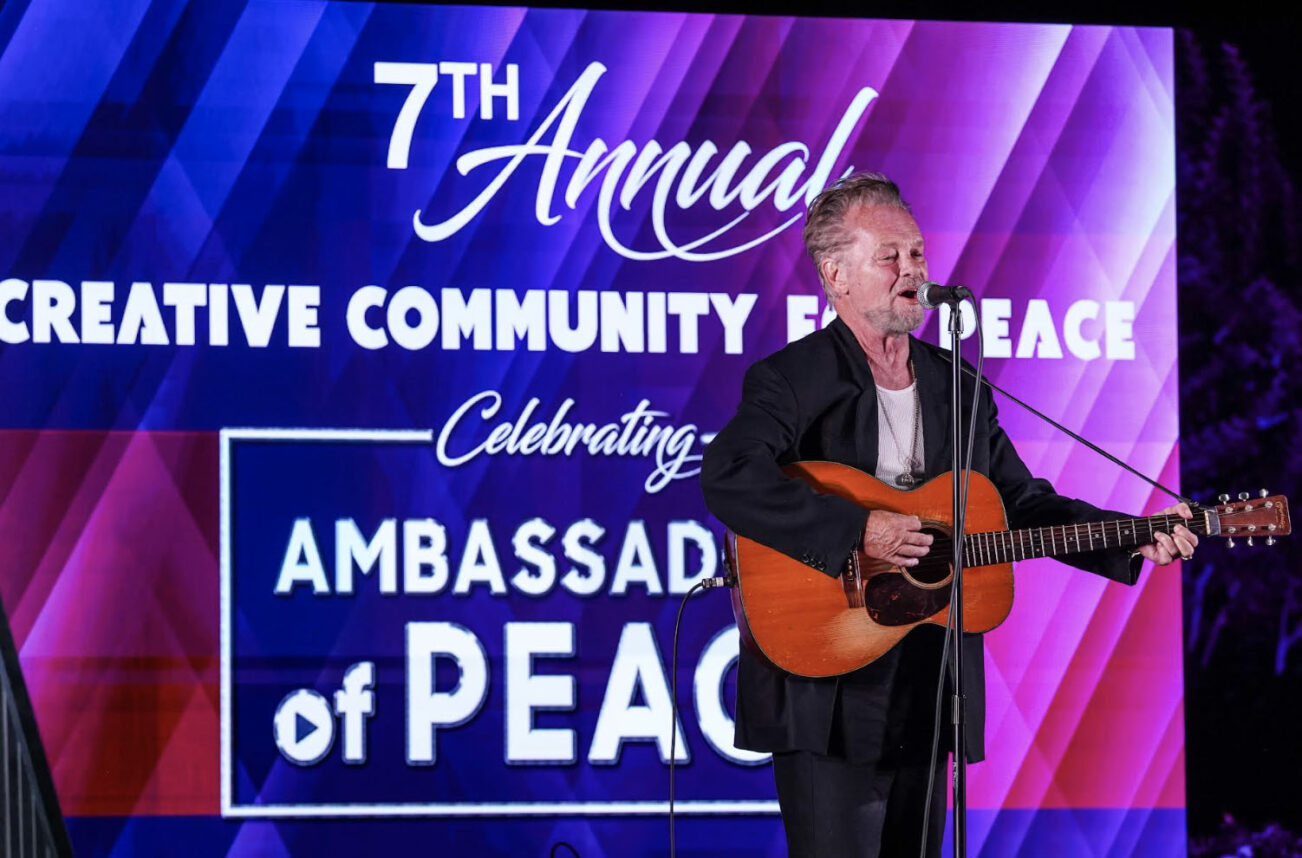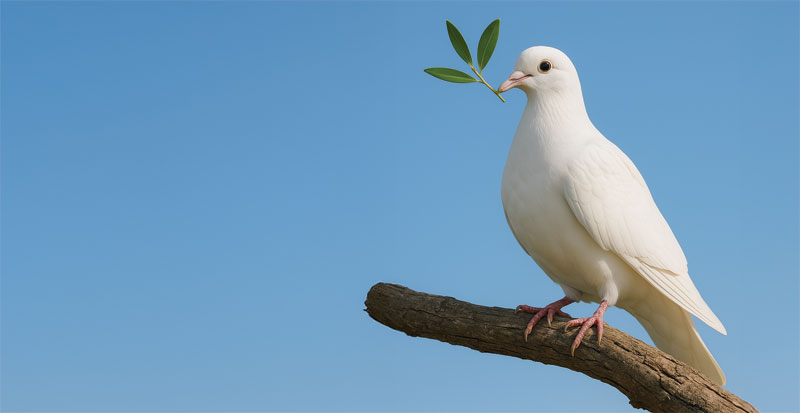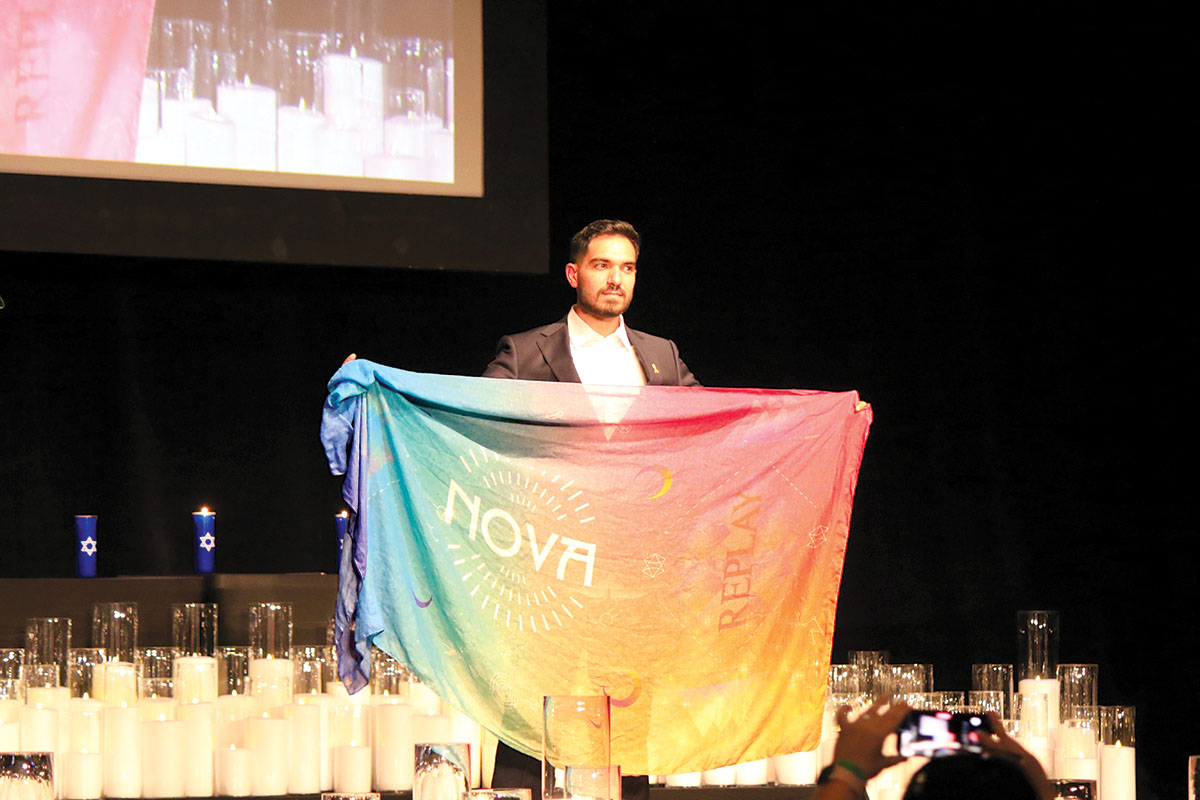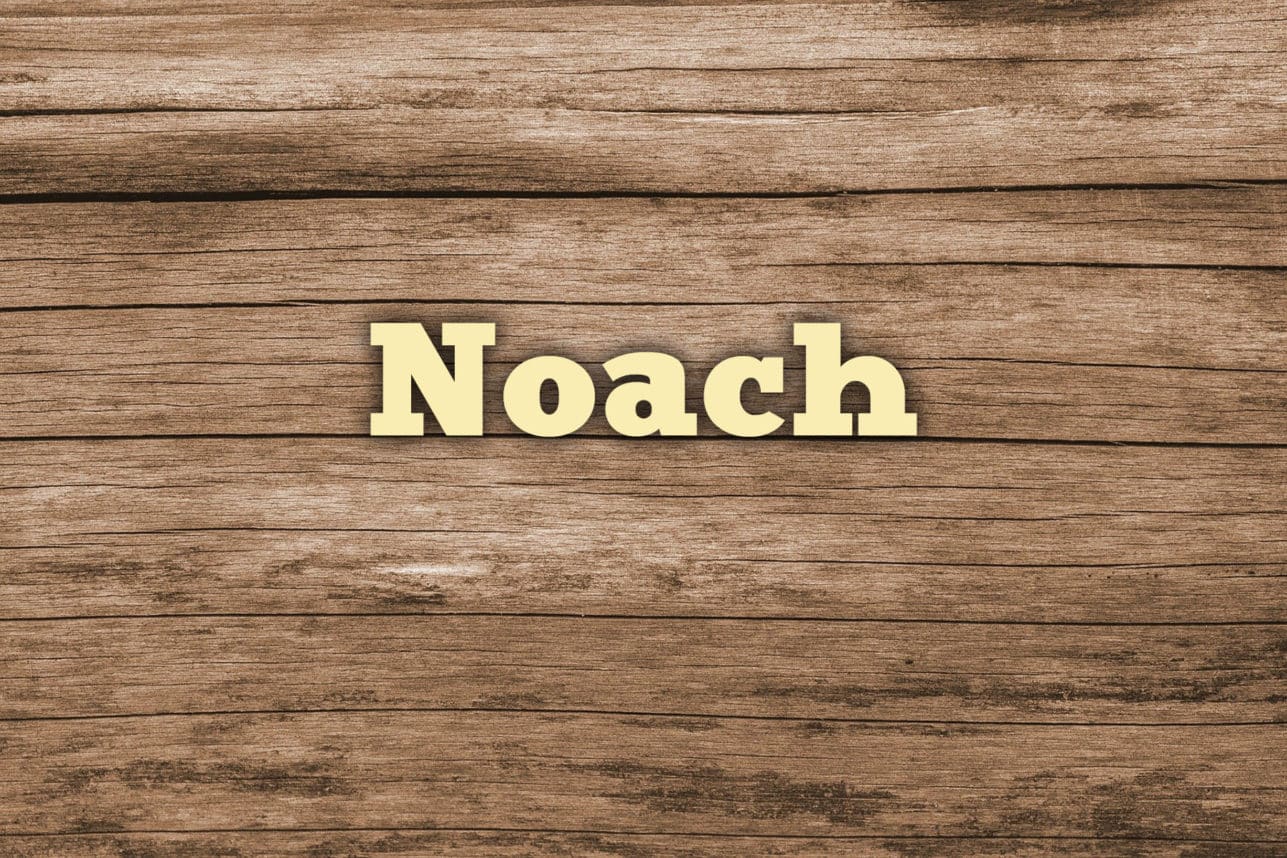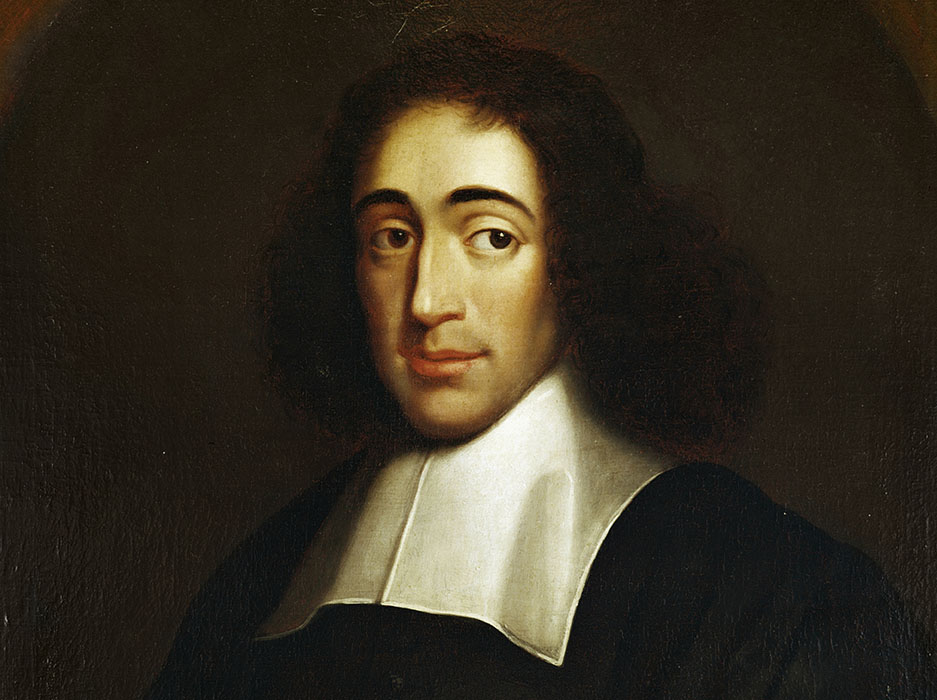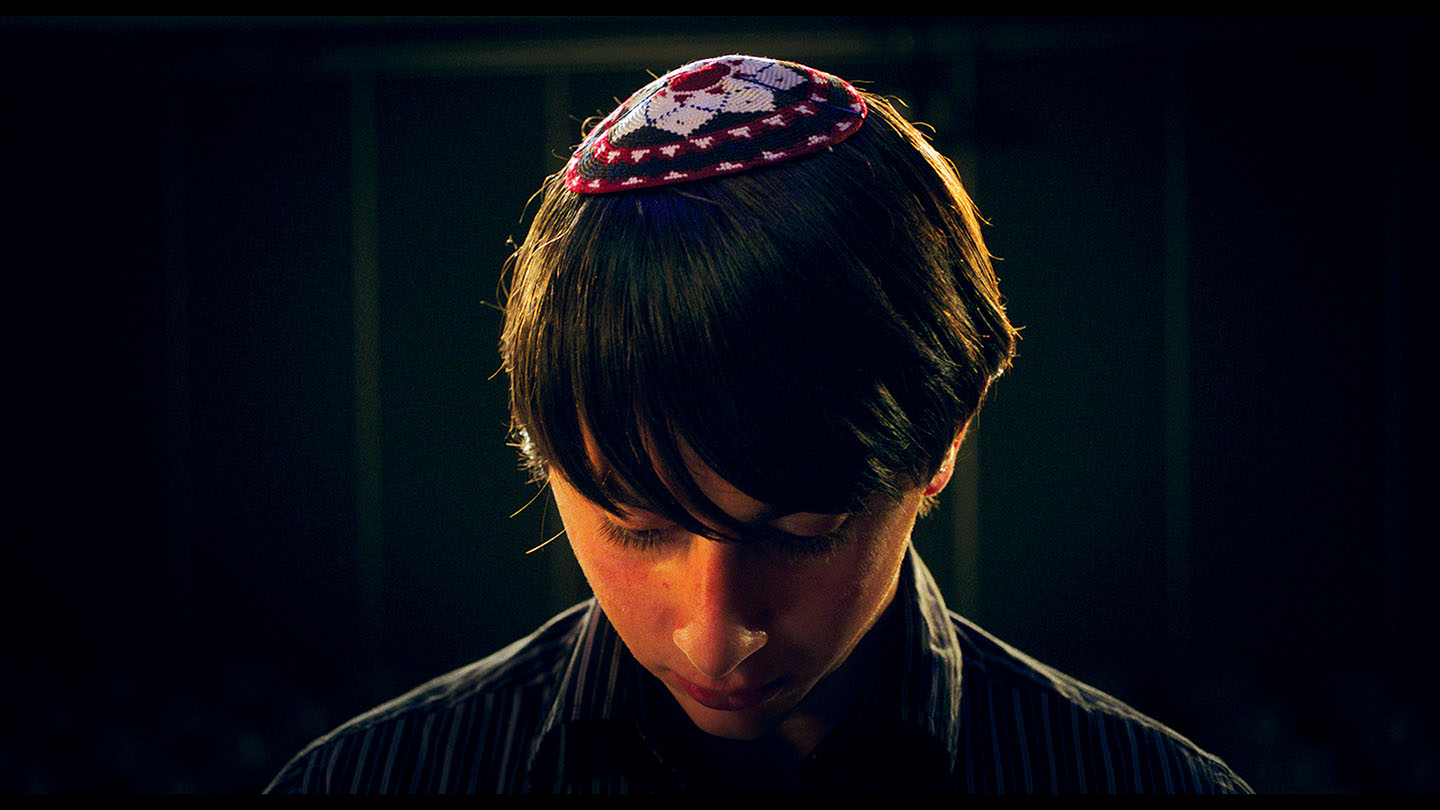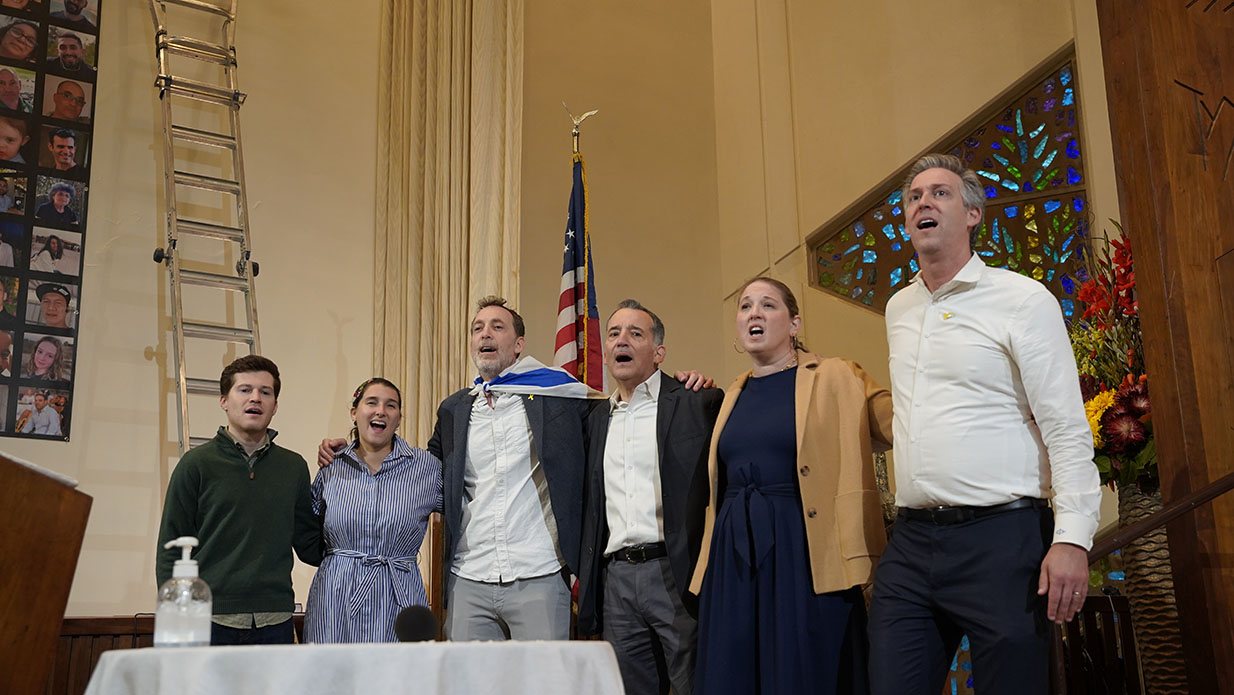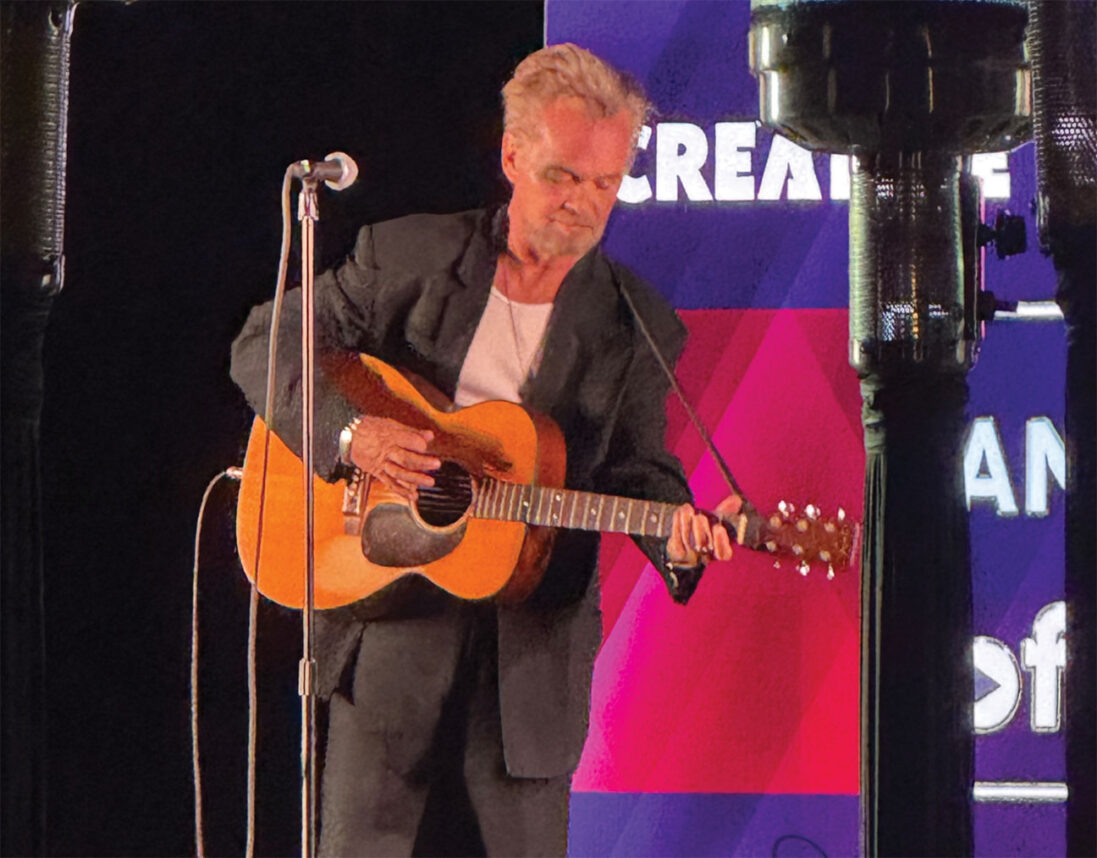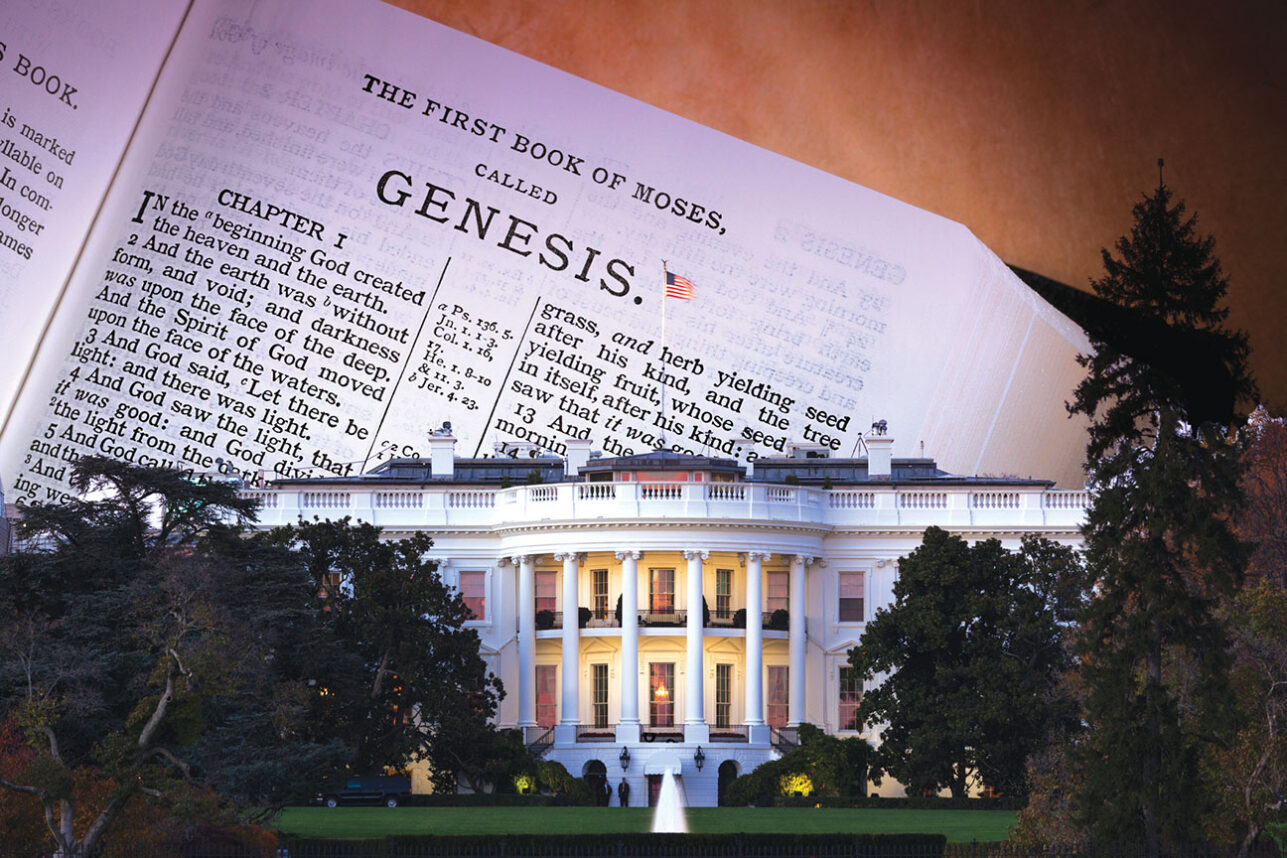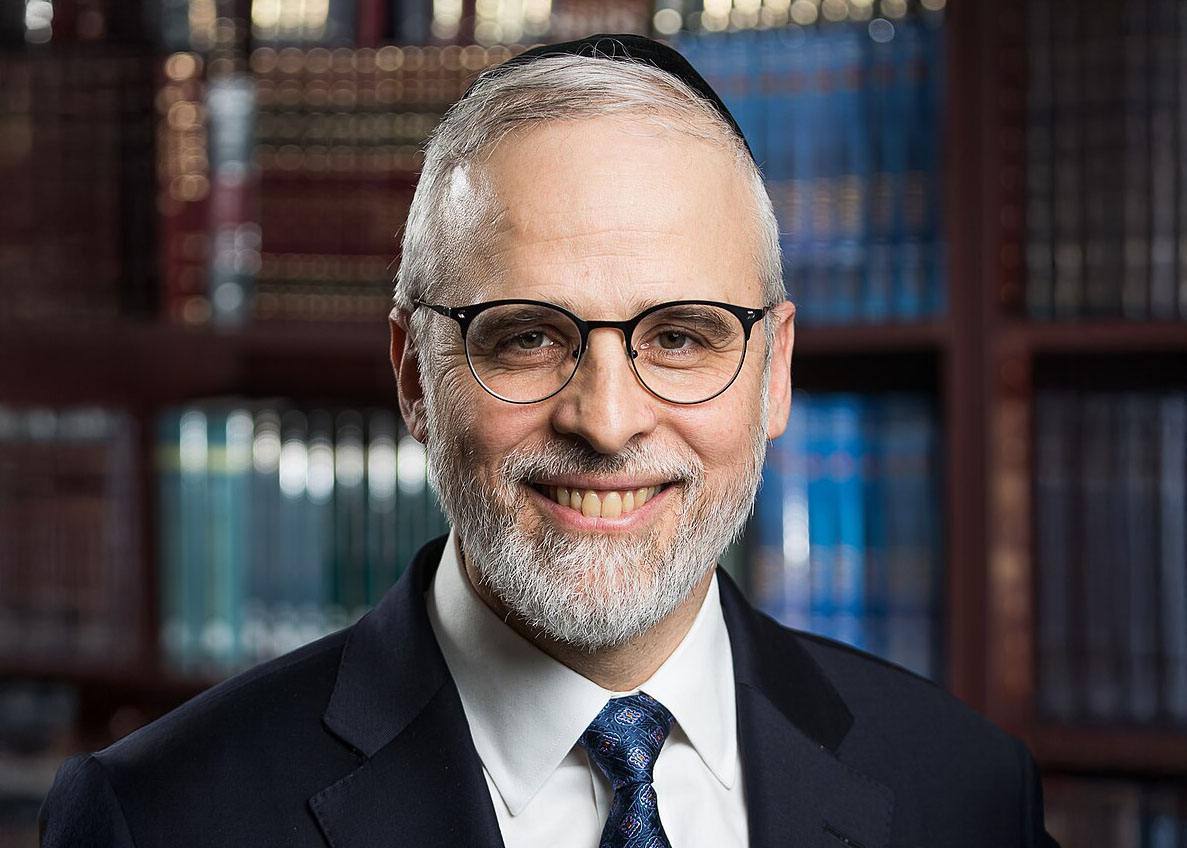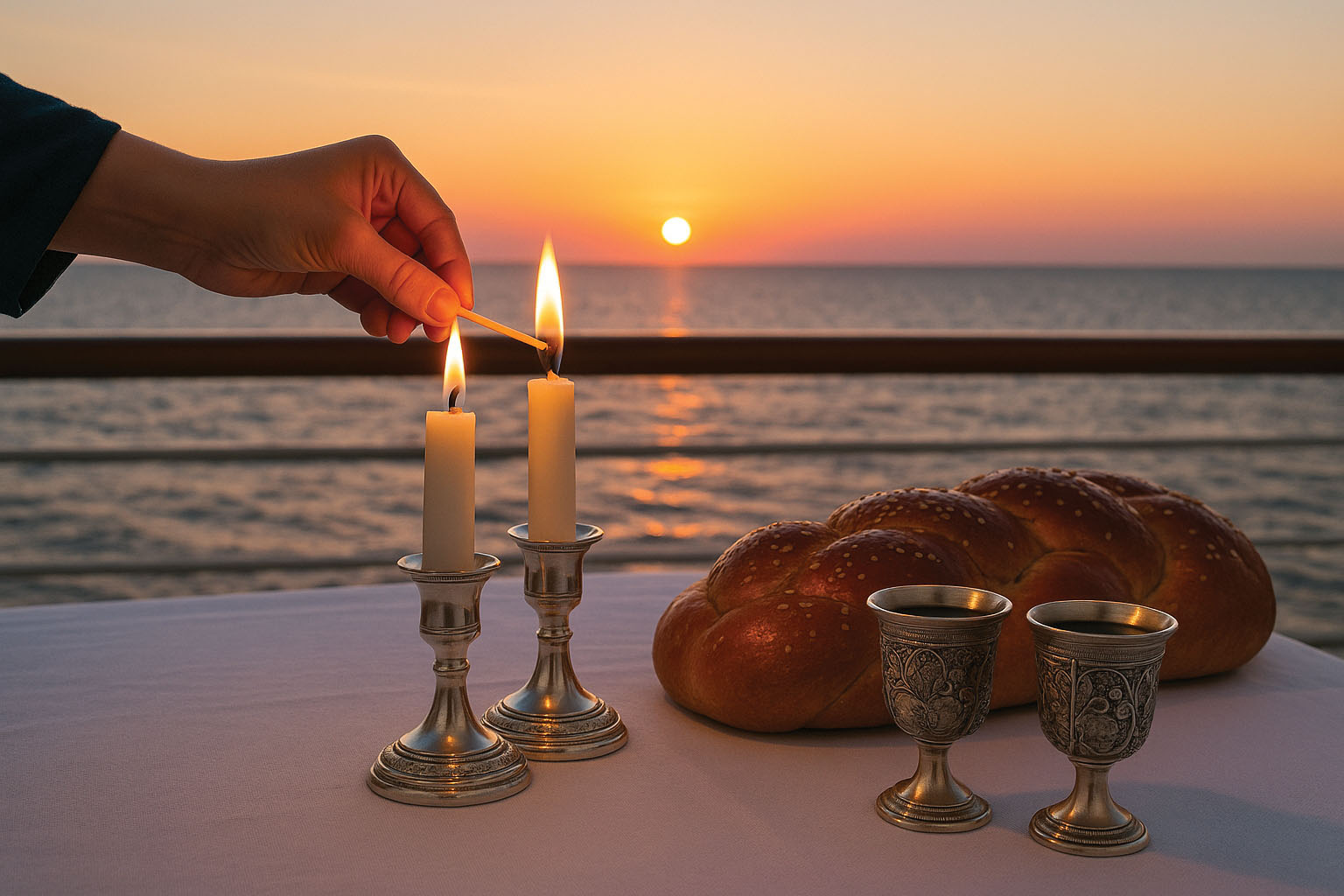
I grew up not knowing that Shabbat could be a special day. My week was punctuated by going out on Friday and Saturday nights, and by working on Saturday and Sunday so I would have enough money to pay for the “fun” of those two evenings. It was only in college, as I began to learn about Judaism, that Shabbat grew important to me.
The requirements of my classes and the demands of my extracurricular activities easily exceeded whatever time I allotted to them. No matter how much I studied there was always more I could master, more I could do. Sometime during my junior year I decided to set a limit to my work. I resolved not to write or read any assignments from sundown Friday night to sundown the following evening.
I remember breaking the news to some of my friends. One particularly accomplished friend, astounded at my declared intention, exclaimed “How can you afford to take off 24 hours a week?”
How could I afford not to?
Few of us work for necessities. Most American Jews are far wealthier than our grandparents would have dreamed possible. We aspire to elegant cars, beautiful homes, luxurious vacations and powerful careers. Many have attained them. All we lack is the time to enjoy our possessions, to relax with those we love, and to nurture our souls.
According to a cover story in Time Magazine, the amount of leisure time for the average American has declined by 37% in the past 15 years, and the average time spent at work has increased from 41 to 47 hours per week. As burdensome as that increase may be there are many who would consider a mere 47-hour week a relief! In 57% of American families, both parents work and generally are unable to attain the level of comfort and security that their parents maintained with just one person earning income.
We possess things in abundance. But we are constantly short on time. While possessions may indeed facilitate living, living itself can only be done in time. Without quiet time we have no chance to renew our energy, to remember what all the rushing and labor is for. Without a chance to be with those we love we spend far too much of our family time either presenting or enduring reports on “what I did today” or in arguments aggravated by fatigue and distance. Our children grow up too quickly, and we don’t participate as actively as we would want in their wonderful and fleeting infancies. Our time is already consumed by work and exhaustion.
Just as the shortage of time distances us from our spouses or lovers, our friends and our children, our constant mad rush also attenuates our connection with who we are and what we value. The strains of work follow us into our homes, into our recreation and into our bedrooms. Too tired or too stressed to really absorb any human contact, we steal brief naps, squeeze in an hour of exercise and return to work irritable and undernourished in matters of mind and spirit.
Is this the life we raise our children and grandchildren to live: a life in which they are managed by their work, in which there is rarely a break from chores, tasks and possessions? Is this the life we mean to live, until we are too worn and too ill to sustain such a pace?
There is another possibility. The remedy to all this busyness and pressure already exists; it has been tested over the years, and it is readily available wherever Jewish communities nurture their identities. The remedy is Shabbat (the Sabbath, the seventh day).
A short digression to reinforce the point: The final step in the Jewish conversion process involves a ritual immersion in a Mikvah (a ritual pool of water), a ritual circumcision for men, and finally, an interview before a board of three rabbis or knowledgeable Jews to ensure the sincerity of converts and to gauge whether they know enough about Judaism to make an informed choice. One such rabbi recently asked a young woman to share her favorite Jewish ritual or holy day. Without hesitation, she said “Shabbat.” He then asked her to compare Shabbat to some physical thing, and to explain her comparison.
After a moment of introspection she announced that Shabbat is like a cruise vacation.
Imagine, she said, taking a 24-hour cruise each week. Once on board, there are no chores, because it isn’t possible to bring any work on board. There are no ringing phones, no blaring announcements, no driving, congested freeways or deadlines. All meals have already been prepared and will be served with elegance. Whatever the passengers desire has already been placed on the ship before the cruise embarked.
The vessel sets sail as the travelers gather to sing, to savor a candlelit dinner, embellished with red wine and a bread so rich it tastes like cake. Surrounded by family and friends, with nowhere to rush off to afterward, each traveler can slowly relish the sumptuous dinner in peace.
The next morning, as was true the night before, there are no chores, no tasks, no deadlines. So everyone spends time fruitfully by gathering with other passengers, by talking about matters large and small — the questions and interests that tend to get lost in the shuffle of daily life. They sing a little, meditate a bit, even taking some time to study some aspect of Jewish history or religion. There are people enjoying walks around the deck, or playing favorite games together.
After enjoying another elegant meal at lunch the passengers stroll to their cabins for a nap, or, perhaps, to read simply for pleasure. At the end of the cruise, as the ship approaches its berth, everyone gathers on deck to hold a candle lighting ceremony to mark the end of a restful, lovely time.
Each week, from Friday night just before sundown until an hour past sunset on Saturday night, the entire Jewish People whoever and wherever they are are invited to sail on just such a voyage. The luxury liner, Shabbat, provides for the needs of its passengers — offering a period free from concerns, free from stress and free from the mundane demands of career, achievement, and of doing.
Shabbat represents more than just freedom from obligation. The Seventh Day is also an opportunity for a deeper freedom, the liberty to spend undistracted time with those we love, the freedom to gather with other Jews to remember and learn what being Jewish is all about, the freedom to take a walk or a nap.
Protected by Shabbat from the need to produce or to do, we engage the possibility of learning to live and to be. Shabbat teaches us how to celebrate existing, and how to dedicate that existence to making the weekday world a more compassionate, more humane, and therefore more Godly, place
In a world that doesn’t know how to rest, Shabbat can offer a haven that is more than simply dozing. In a society filled with loneliness, Shabbat provides the structure to build community, to nurture families, and to comfort individuals. In an age searching for meaning, Shabbat offers access to values and traditions that cultivate the best that we can be, that reach beyond the ages, and that links us to God.
Shabbat can be a seventh of our lives – time spent renewing suppleness of spirit and love of life. A sign of love between us and the Holy Blessed One, its transforming powers await our desire to set sail
Our cruise awaits.
Rabbi Dr Bradley Shavit Artson (www.bradartson.com) holds the Abner and Roslyn Goldstine Dean’s Chair of the Ziegler School of Rabbinic Studies and is Vice President of American Jewish University in Los Angeles. He is also Rabbinic Leader of the Abraham Joshua Heschel Seminary in Potsdam, Germany, ordaining Conservative rabbis for Europe. He is currently completing a new book, “Wells of Wisdom: Ancient Insight for Thriving Humans.”

